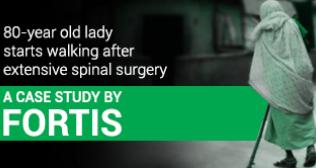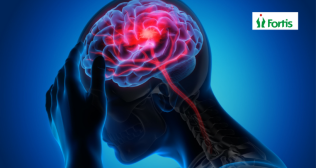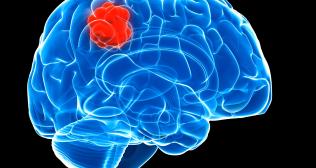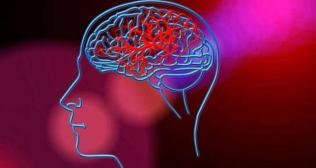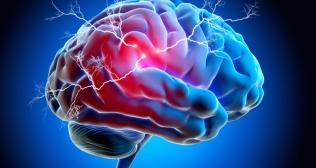
What Is Acute Brain Stroke
An acute stroke is a stroke that occurs or develops abruptly. And the key feature of an acute stroke is that it starts suddenly and without warning. An acute stroke is an unexpected stroke. Uncommonly, however, a stroke can develop slowly, taking hours to reach its peak. Sometimes a stroke can begin and then resolve and may continue to get better or worse over a few hours or days. An acute stroke or a slowly developing stroke both need urgent medical attention and care.
Stroke is the leading cause of disability and the third-leading cause of death. The prevalence of stroke ranges from 84-262/100,000 in the rural setting and from 334-424/100,000 in the urban areas in India. The incidence is about 119-145/100,000 based on recent population-based studies. Among them, 80% are ischemic stroke, and hemorrhagic stroke makes up the remainder.
Causes
An acute stroke can be either ischemic or hemorrhagic.
Ischemic Stroke
"During an ischemic Stroke, the blood supply to a region of the brain is cut off because a blood vessel has been blocked by a blood clot. Several conditions can predispose a person to ischemic stroke. These conditions include heart disease, high cholesterol, Diabetes, and high blood pressure. other causes of an ischemic stroke include the use of recreational drugs, blood clotting disorders, or trauma to the blood vessels in the neck. The blockage can be of a major proximal vessel or a distal small vessel. Large vessel block age can lead to severe deficits or even death. Small vessel blockage leads to minor but disabling symptoms and affects the quality of life. Damage to the brain due to lack of blood supply and oxygen is similar to burning a piece of paper.
Hemorrhagic Stroke
"A hemorrhagic stroke occurs when an artery in the brain bleeds. This can be caused when an abnormally shaped artery, such as an arterial venous malformation (AVM) or an aneurysm, bursts. The blood that seeps into the brain when a blood vessel bleeds causes pressure to build up within the skull, compressing the brain and potentially causing Permanent brain damage.
There are two types of hemorrhagic stroke - intracerebral and subarachnoid. An intracerebral hemorrhage occurs when a blood vessel deep in the brain ruptures.
Categories
Clear allMeet the doctor

- Neurosurgery | Neurosurgery | Neuro and Spine Surgery
-
20 Years
-
1500
 Available at 1 different locations
Available at 1 different locations








